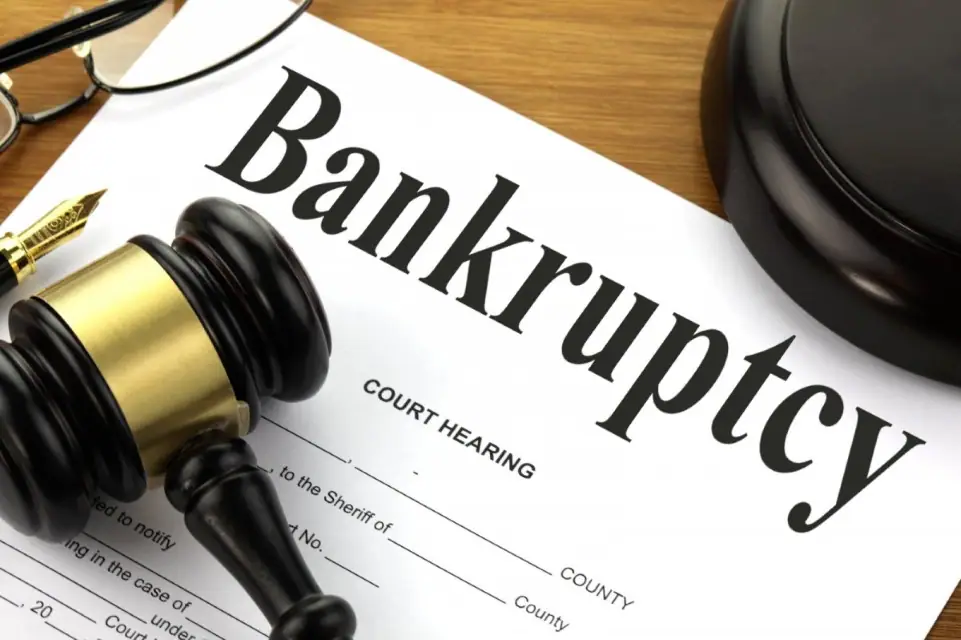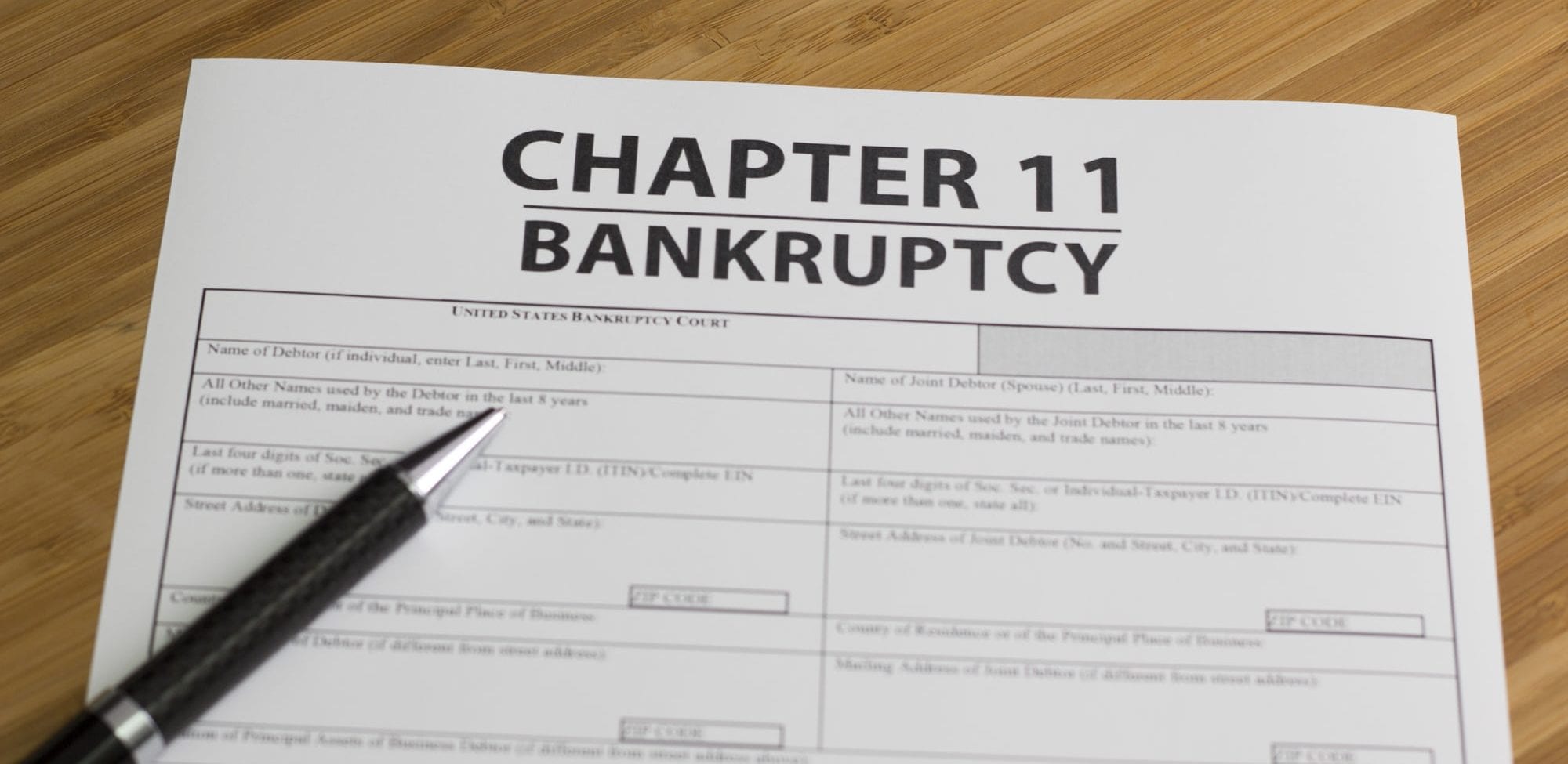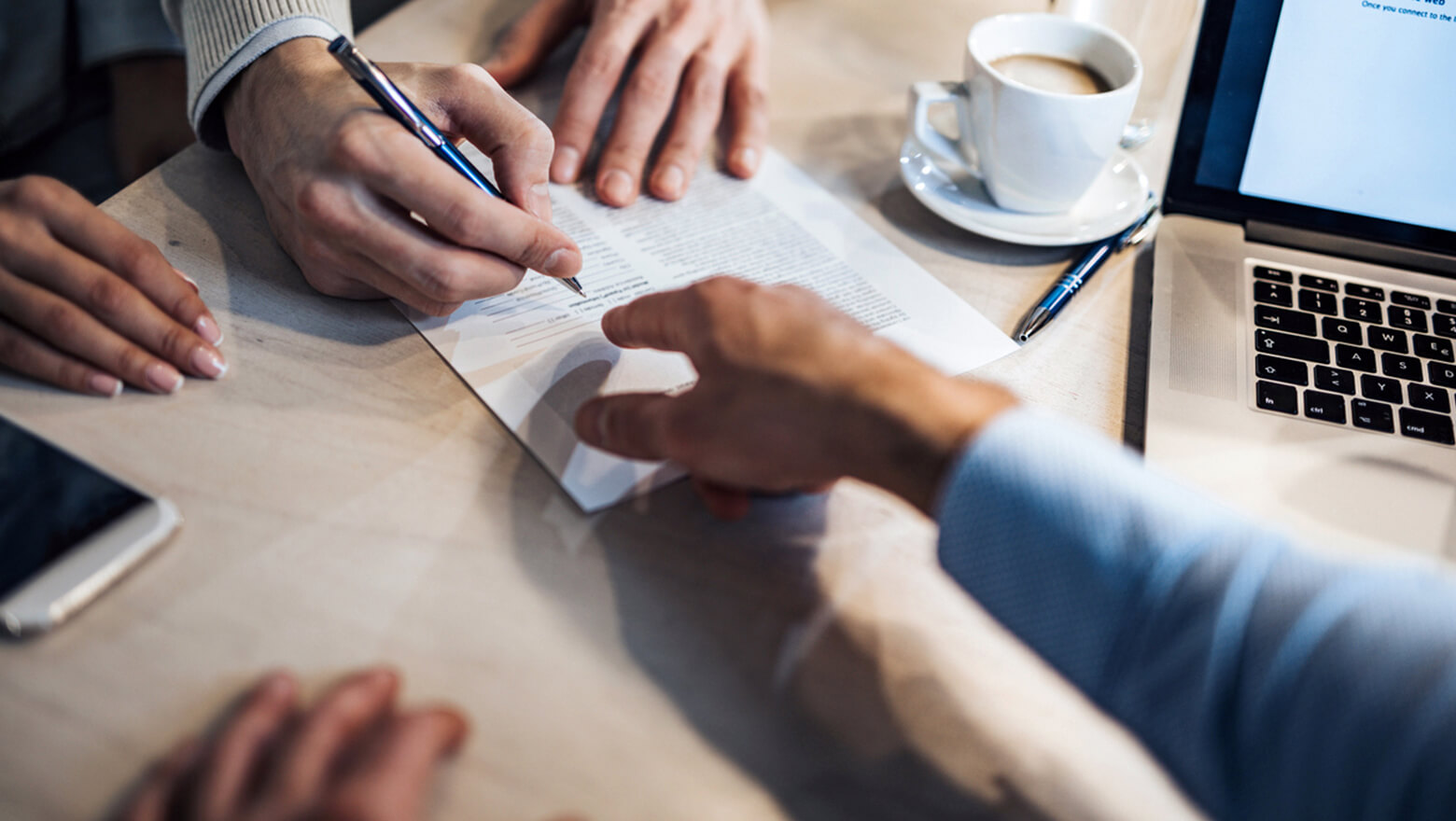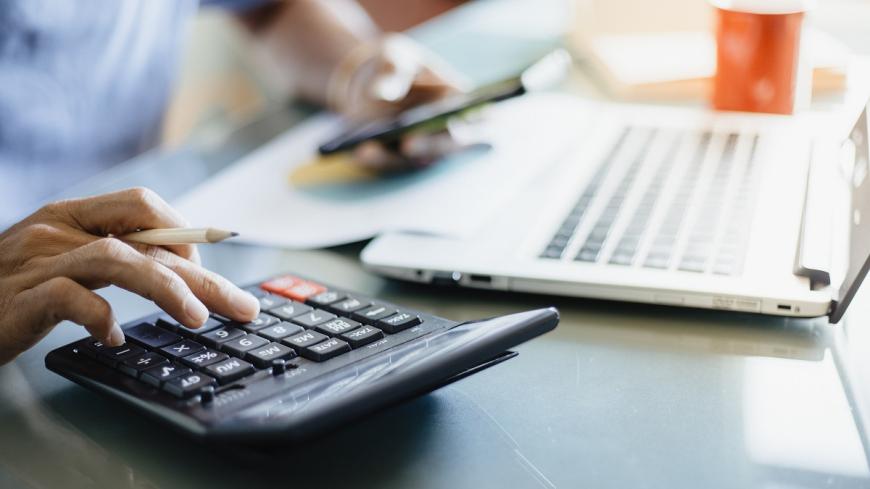Bankruptcy can be a difficult and overwhelming experience, but it doesn’t have to be the end of your financial life. If you’re wondering whether it’s possible to recover from bankruptcies, this article will provide you with valuable insights and guidance on how to bounce back from this challenging situation.
Understanding Bankruptcy
Bankruptcy is a legal process that allows individuals and businesses to seek relief from overwhelming debt. When you file for bankruptcy, your assets are evaluated, and a plan is developed to repay your creditors or have your debts discharged, depending on the type of bankruptcy you file for. Bankruptcy laws vary from country to country, but the core principle remains the same: it offers a fresh financial start to those in dire financial straits.
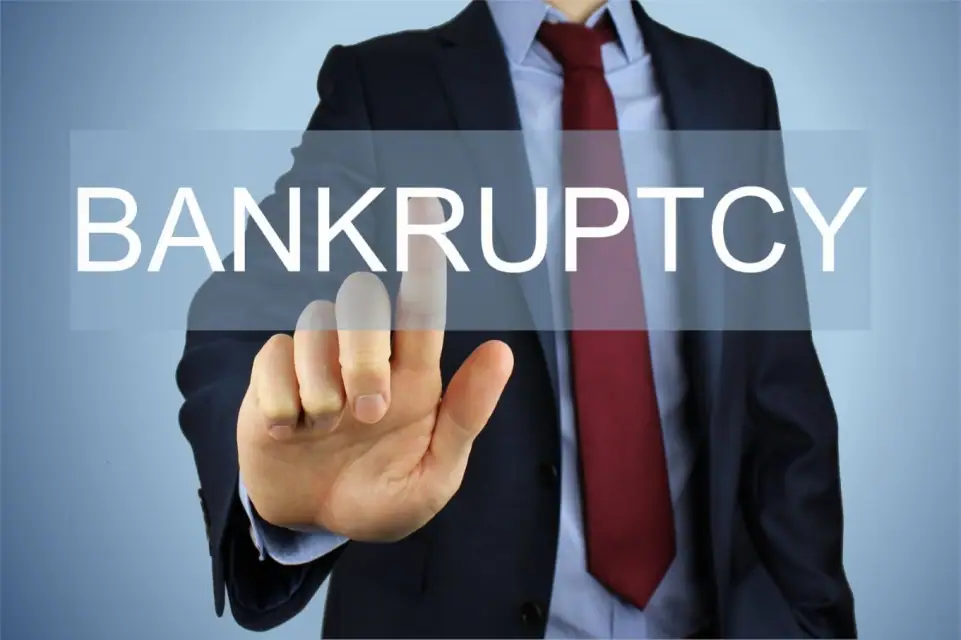
The Road to Recovery
Bankruptcy can have a lasting impact on your credit score, making it difficult to access loans and credit for a while. However, it’s important to remember that bankruptcy is not a permanent state. With time, effort, and responsible financial management, you can rebuild your financial life. Here are the steps to take on the road to recovery:
1. Rebuild Your Credit
One of the first steps in recovering from bankruptcy is to rebuild your credit. Start by obtaining a secured credit card, which is backed by a cash deposit. Make timely payments, keep your credit utilization low, and gradually, you’ll see improvements in your credit score.
2. Create a Budget
To regain financial stability, it’s crucial to create a detailed budget that outlines your income, expenses, and savings goals. Sticking to a budget will help you avoid accumulating new debts and allow you to save for future financial goals.
3. Save for an Emergency Fund
Building an emergency fund is essential. It can help you cover unexpected expenses without resorting to credit. Aim for at least three to six months’ worth of living expenses in your emergency fund.
4. Explore Financial Education
Invest time in learning about personal finance and money management. There are many free resources available, including online courses and financial literacy programs, to help you make informed decisions and avoid future financial pitfalls.
How long does bankruptcy stay on my credit report?
The length of time bankruptcy stays on your credit report varies depending on the type of bankruptcy you filed. Chapter 7 bankruptcy typically remains on your credit report for 10 years, while Chapter 13 bankruptcy stays for 7 years. However, its impact on your credit score will gradually diminish over time.
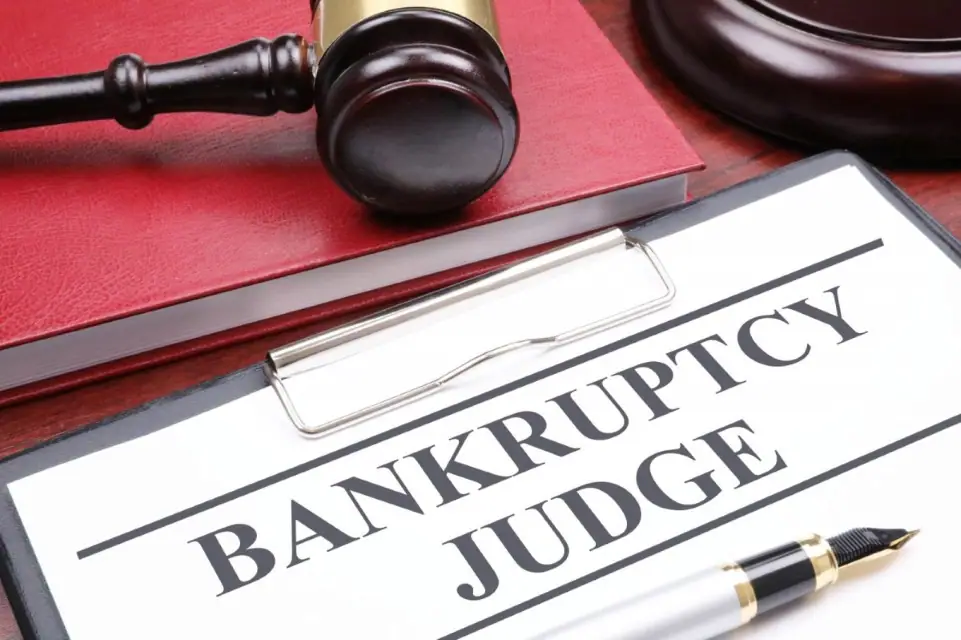
Can I get a loan or credit card after bankruptcy?
Yes, you can get a loan or credit card after bankruptcy, but it may be more challenging and come with higher interest rates initially. Consider starting with a secured credit card to rebuild your credit and gradually qualify for more favorable terms.
Will I lose all my assets in bankruptcy?
The impact on your assets in bankruptcy depends on the type of bankruptcy you file. Chapter 7 bankruptcy may involve the liquidation of some non-exempt assets to repay creditors. In contrast, Chapter 13 bankruptcy allows you to keep your assets while following a repayment plan.
Can I file for bankruptcy more than once?
Yes, it’s possible to file for bankruptcy multiple times, but there are waiting periods between filings. The waiting periods vary depending on the type of bankruptcy previously filed and the one you intend to file next.
Conclusion
Recovering from bankruptcy is indeed possible. It may take time and effort, but with responsible financial management, you can rebuild your credit, regain financial stability, and work toward a brighter financial future. Bankruptcy is not a permanent mark on your financial record, and many individuals and businesses have successfully moved beyond it. Remember to seek professional advice and develop a solid financial plan to help you achieve a successful recovery. While bankruptcy is a challenging experience, it can be a valuable tool for achieving a fresh financial start when used wisely.

